In the era of social media, the consumer craze is iteratively changing at a faster pace, and people are being guided to quickly follow the trend and abandon forgetting at a faster pace.
Think carefully about the outdoor camping and frisbee sports that once seemed to involve the whole nation. How long has it been since we discussed these topics in our daily lives?
A phenomenon similar to the sudden decline in popularity from the "popular discussion" has also occurred in the small home appliance market. For example, this year's Double 11, what made small home appliances popular was not the soaring sales data, but an unexpected public opinion debate.
After the launch of the "Double 11" on various platforms this year, the topic of "JD Purchasing and Selling Shouting to Li Jiaqi" suddenly caught on the hot search, involving a dispute over price agreements among oven brands Haishi, JD, and Li Jiaqi. Each party had their own opinions, and a "Luo Shengmen" was staged through public statements, social media articles, and public responses.
In this public opinion battle, someone discovered a blind spot and said, "What is Heinz? It's my first time hearing about this brand
According to public information, Haishi was founded in 2009 and is a home appliance brand specializing in the baking field. Its products cover all baking scenarios, and the oven category has repeatedly achieved the top spot in annual sales of Tmall's single products, making it a top brand in the oven market. However, such a small home appliance brand that maintains a leading position in the segmented market unexpectedly debuted on the Double 11 this year due to being involved in a dispute between JD and Li Jiaqi.
Behind this, it also reflects the awkward situation in the field of small home appliances, and consumers' attention is constantly declining. It should be noted that behind Haishi, there are many representative brands or products of small household appliances that are gradually being forgotten by the public.
01 Small household appliances, they really can't be sold anymore
Almost brand new, unfortunately lost, idle at home and occupying space... "Recently, while tidying up the kitchen, Agu discovered the" dusty "oven, air fryer, egg cooker, coffee machine in the closet, He told PConline that he can still remember the reason and time for purchasing each small household appliance.
For example, the oven I won in the lottery in 2018, the air fryer I bought in 2019 due to my love for Doraemon, and the egg cooker and coffee machine I bought in 2020, fantasizing about an egg and a cup of coffee every morning, are now almost all stored in a "brand new" state in the kitchen cabinet.
Agu admitted that many products are impulsively ordered after being "planted" and fantasizing about their corresponding needs. However, after buying them, he found that his daily work and life leave people with no time to use these small household appliances properly.
Although many small appliances are advertised as lazy artifacts, they are not at all "lazy" in practical use. For example, an egg cooker can easily break eggs, and forgetting to clean the egg cooking sink can cause rust and mold; When the air fryer and oven were first used a few times, they felt quite fresh, but later it was discovered that there were limited things that could be made, and the entire material preparation and production process was also quite troublesome. After use, they had to be cleaned and tidied up. Once the freshness was passed, it was okay to find that they were not needed, so they quickly became idle.
On social media, there are many users like Agu who impulsively place orders after being promoted by small household appliances and become idle after using them a few times. As early as 2021, Xianyu had compiled a list of the "Top 10 Useless Goods of the Year" based on platform data, with small appliances occupying three exclusive seats, namely the first ranked air fryer, the fifth ranked breakfast machine, and the seventh ranked wall breaking machine.
The data logic for selecting these "useless products" by Xianyu is also very simple, which is based on the product data statistics on the platform using keywords such as "not usable" and "accumulated dust" as resale reasons. This also means that behind these small home appliance products, there are countless consumers like Agu who are neither willing to lose nor lazy to use them. Low price resale is indeed a more suitable choice.
The resale in the second-hand market has become a trend, and the sales of new products are also under significant pressure.
According to the data released by Ovi Cloud, the retail sales of 12 small kitchen appliances, including rice cookers, induction cookers, electric pressure cookers and soybean milk machines, will be 51.4 billion yuan in 2021, down 14.1% year on year; Retail sales decreased by 13.5% year-on-year; In 2022, the retail sales of 13 categories of kitchen small household appliances reached 52.03 billion yuan, a year-on-year decrease of 6.7%; Retail sales decreased by 12.7% year-on-year.
This decline in development continued into the first half of this year. From January to June 2023, the overall retail sales of kitchen appliances, including coffee machines, rice cookers, induction cookers, and air fryers, reached 27.55 billion yuan, a year-on-year decrease of 8.5%.
If we dig deeper, the decline data of specific categories will be even more worrying. In early October, multiple media outlets cited data from Ovi Cloud, showing that in the first half of this year, online sales of air fryers decreased by 44.76% year-on-year, and sales decreased by 50.59% year-on-year; Offline channel sales decreased by 15.81% year-on-year, and sales decreased by 2.05% year-on-year. It can be seen that even the air fryer, which once sparked the trend of "everything can be air fried", has seen a complete decline in sales data in the first half of the year, and even a direct "halving" of the situation.
According to reports from the media Red Star Capital Bureau, Xiaoxiong Electric, which focuses on small appliances, has a kitchen small appliances business segment that includes air fryers. In the first half of 2023, its revenue decreased by 13.4% year-on-year; Subor's 2023 semi annual report pointed out that consumer demand for cooking utensils and kitchen appliances is relatively low.
In addition to the pressure on sales and financial data, the capital market has already used foot voting to express negative evaluations of the small home appliance industry. PConline found that in the past four months, Xiaoxiong Electric's stock price has dropped from a high of 97.7 yuan to around 56 yuan today, and its market value has also shrunk from its peak of 15.9 billion yuan in 2020 to its current scale of 8.871 billion yuan.
This is not the capital pressure that Little Bear Appliances is facing, but the dilemma that the small appliance industry is generally facing. The small home appliance industry index has dropped from a high of 683.43 yuan in 2022 to the current level of 457.72 yuan.
02 Small household appliances, where is the way out?
The current decline of the small home appliance market has a very core keyword, which is "pseudo demand". Simply put, during the early explosive growth period of small household appliances, there was widespread excessive marketing and packaging, creating various demand scenarios for "exquisite living".
After experiencing the actual use experience of consumers, it was found that the demand for use was not as high as expected. After the so-called "refined life" foam was punctured, the small appliances did not bring the expected good experience and the improvement of life quality, except for making the wallet shrink.
After experiencing a round of failed experiences and education in small home appliance consumption, a large number of consumers have finally found that the end of the so-called lazy economy and homestay economy is still represented by the Internet instant delivery model of home delivery and takeout.
After all, it is the easiest way to impress the "lazy" and "homestay" groups that you can buy various daily necessities without leaving your home, and you can enjoy various food and beverage without cooking. The most representative platform among them is undoubtedly Meituan, and its eye-catching financial report data can also indirectly confirm this.
Previously, in August, Meituan released financial data for the first half and second quarter of this year, with a revenue of 126.582 billion yuan in the first half, a year-on-year increase of 30.2%; We have also achieved a turnaround from losses to profits, from a loss of 6.077 billion yuan in the same period last year to a net profit of 8.299 billion yuan in the first half of this year.
From a business perspective, the potential of "lazy homestead" consumption can be better reflected. The "core local commercial" sector, represented by food and beverage delivery, Meituan flash buying, etc., saw a year-on-year increase of 39.2% in revenue in the second quarter to 512 billion yuan, and a net profit of 11.1 billion yuan, a year-on-year increase of 34.8%. Among them, the number of real-time delivery transactions reached 5.4 billion, a year-on-year increase of 31.6%.
On the other hand, the "new business" sector, represented by instant delivery services such as Meituan Selection and Meituan Buying Vegetables, saw a year-on-year increase of 18.4% in revenue in the second quarter to 16.8 billion yuan. This actually means that the "lazy homestead" consumer group is not lacking in consumption motivation, it is just not used in the small home appliance market.
In addition to demand-side misalignment, various single function small appliances such as ovens, air fryers, wall breakers, coffee machines, induction cookers, etc. often occupy a large amount of kitchen space, which gives a large number of consumer groups mainly small units a reason to refuse small appliances.
The size of this group is definitely not a minority. Recently, Sheng Laiyun, Deputy Director of the National Bureau of Statistics, stated at a relevant press conference that the total number of houses in China is about 40 billion square meters, and the structure is still mainly small.
In April of this year, the Financial Research Institute of the People's Bank of China provided academic guidance, and experts and related institutions such as Tsinghua University and Renmin University of China released a research project titled "White Paper on China's Family Risk Protection System (2023)", which pointed out that miniaturization and living alone are two important trends in China's family structure.
According to the data in the white paper, the population of a single household decreased from 3.46 in 2000 to 2.62 in 2020, and the size of a single household increased significantly from 28.2734 million in 2000 to 12.549 million in 2020.
From the perspective of household size composition, from 2000 to 2020, the proportion of first generation households increased from 21.7% to 49.5%, while the proportion of second generation households decreased from 59.32% to 36.72%. The so-called first generation households refer to households inhabited by peers or single individuals, while the second generation households refer to families of three or four composed of parents and children.
The decline in household population and the limited size and size of houses imply that the functions of household appliances are more focused on just needs, and the efficiency of area and storage is also more important. These factors will constrain the development of the small home appliance consumption market for a long time in the future.
What is even more chilling to the small home appliance market at present is that negative evaluations such as "buying it doesn't work, whoever buys it is a big loser" have formed a mindset and label in the minds of more and more consumers.
Nowadays, consumers are becoming more and more aware. Before placing orders, they will consider whether this household appliance is really necessary, whether the additional features and price match, and make decisions based on demand, rather than blindly following the trend in the past.
So is the development of small household appliances really coming to a dead end? In fact, according to the report of the industry think tank platform Xiaguang News Agency, the domestic small household appliances industry is taking the opportunity of the "the Belt and Road" to actively go to the sea and accelerate its sales to Europe, North America, Southeast Asia, Africa and other parts of the world.
For example, taking Africa alone as an example, this is a consumer market with 54 countries and a population of over 1.4 billion, which contains huge growth potential. If we can grasp the differentiated demand of consumer groups for small household appliances in this market and deepen our layout, we are expected to obtain stronger sales growth momentum.
In the business world, there is a very classic case story. Cool oils and essential oils that are not commonly seen in our daily lives will immediately transform into safe "hard currency" in the African market. It's no exaggeration to say that if you give these two things to the locals, you will most likely receive a good partner who will wholeheartedly help you.
Because cooling oil and essential balm not only prevent mosquito bites, but also refresh and refresh the mind, they are very suitable for the hot and mosquito rich natural environment in Africa. After experiencing them, residents in Egypt, Nigeria, and other places became very popular. Over time, this "Eastern magic potion" became popular in Africa and was highly sought after.
The logic behind this story actually applies to the export of small household appliances. Perhaps a certain product has been neglected in the domestic consumer market, but after improvement and innovation based on the characteristics of overseas regional markets, it can have unexpected effects. This is actually an important idea and direction trend for the small home appliance market to find new ways out in the future.
From a more fundamental perspective, small home appliances may not be a hot track with stories of billions or trillions of dollars. Enterprises in the midst of it should calm down and clarify their strategic goals and expectations in the face of the cold, so as to have more accurate strategic planning and break through into new blue oceans under the widespread and long-term pressure of the market.



 English
English 中文简体
中文简体


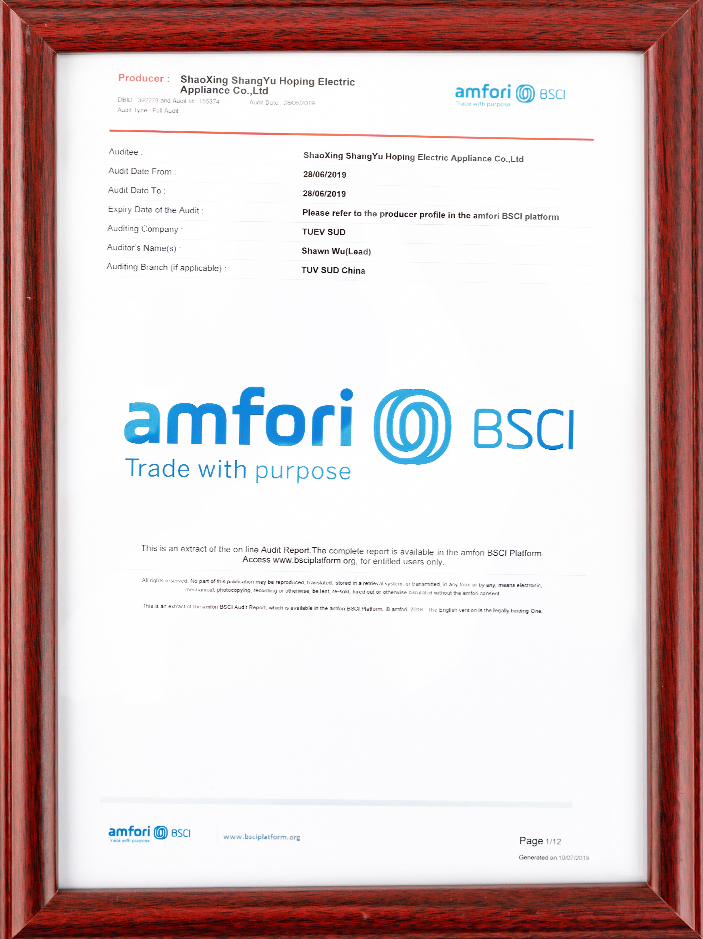
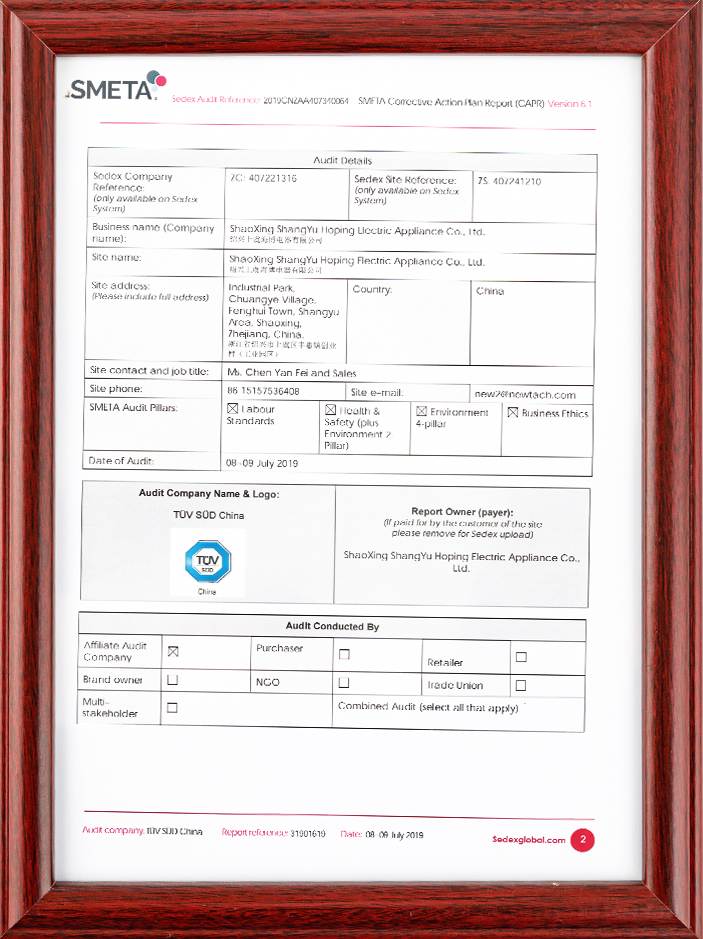
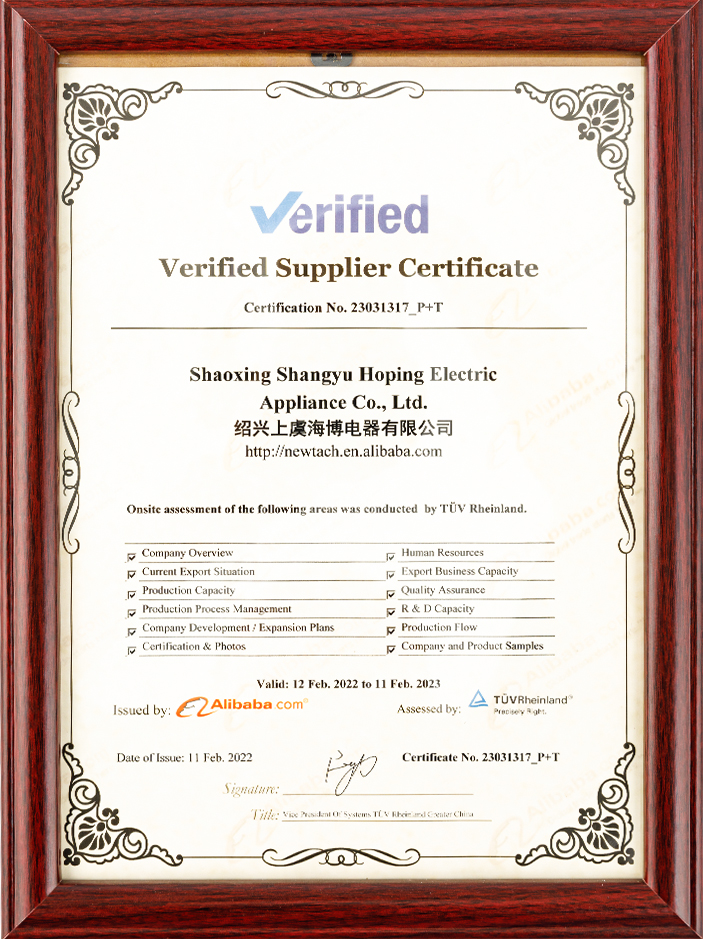
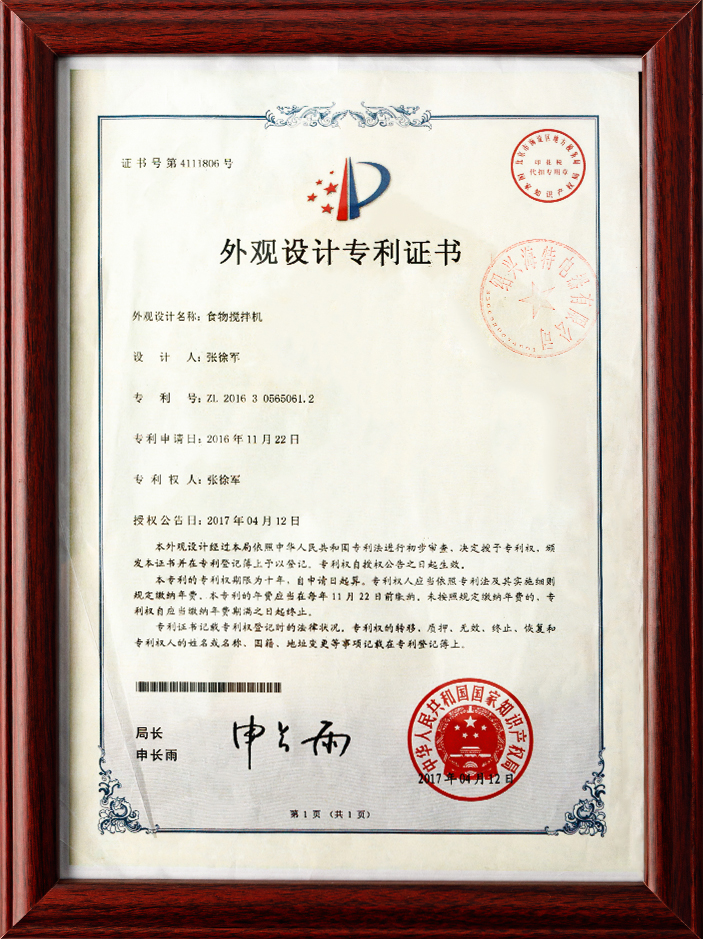
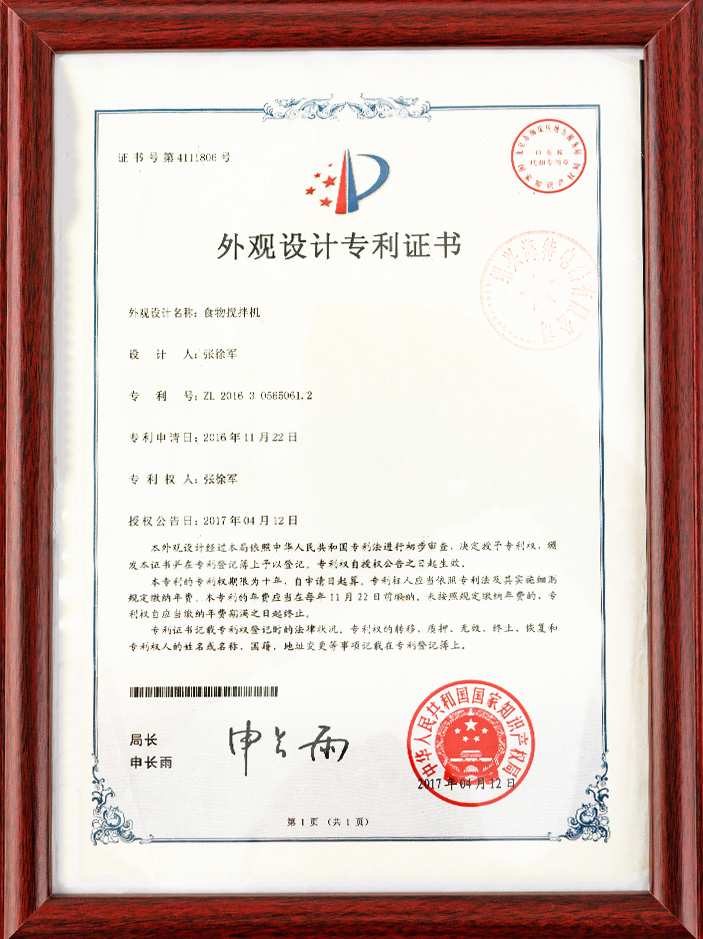
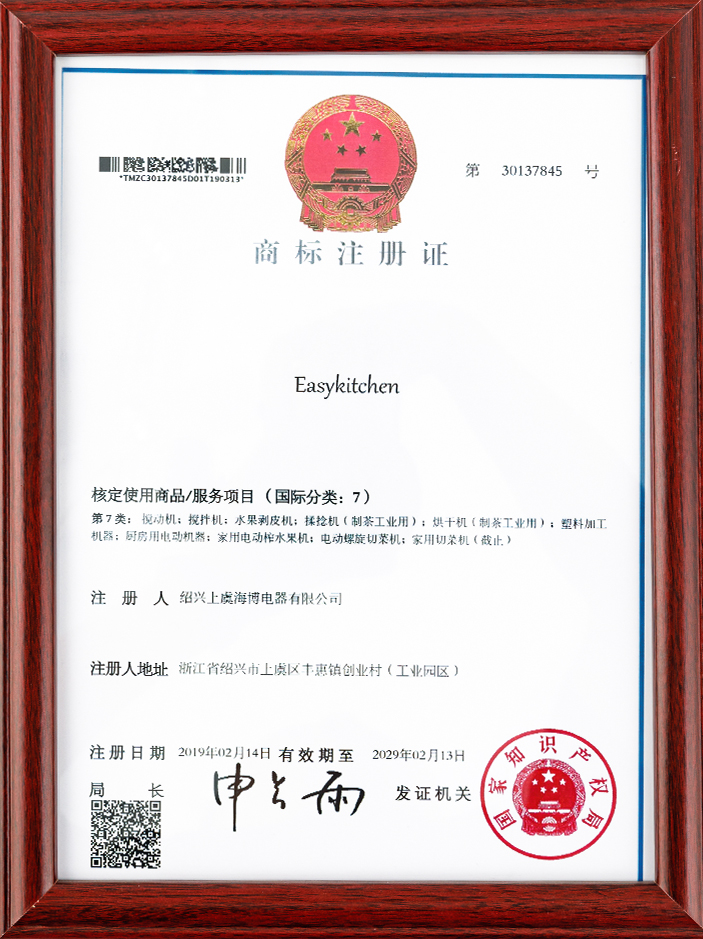
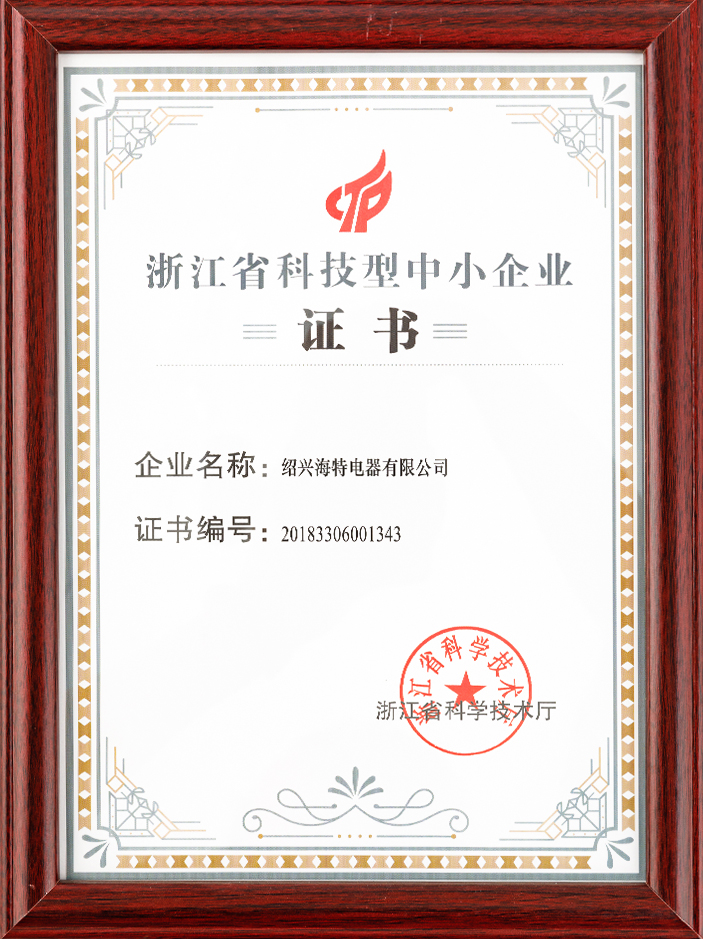
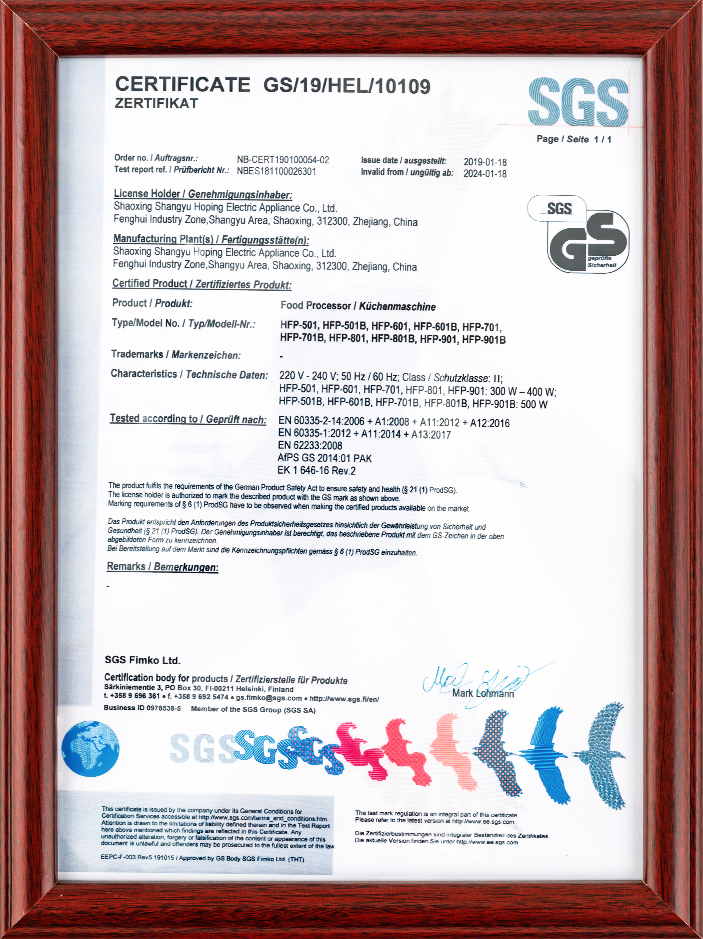





 浙公网安备 33060402001386号
浙公网安备 33060402001386号 